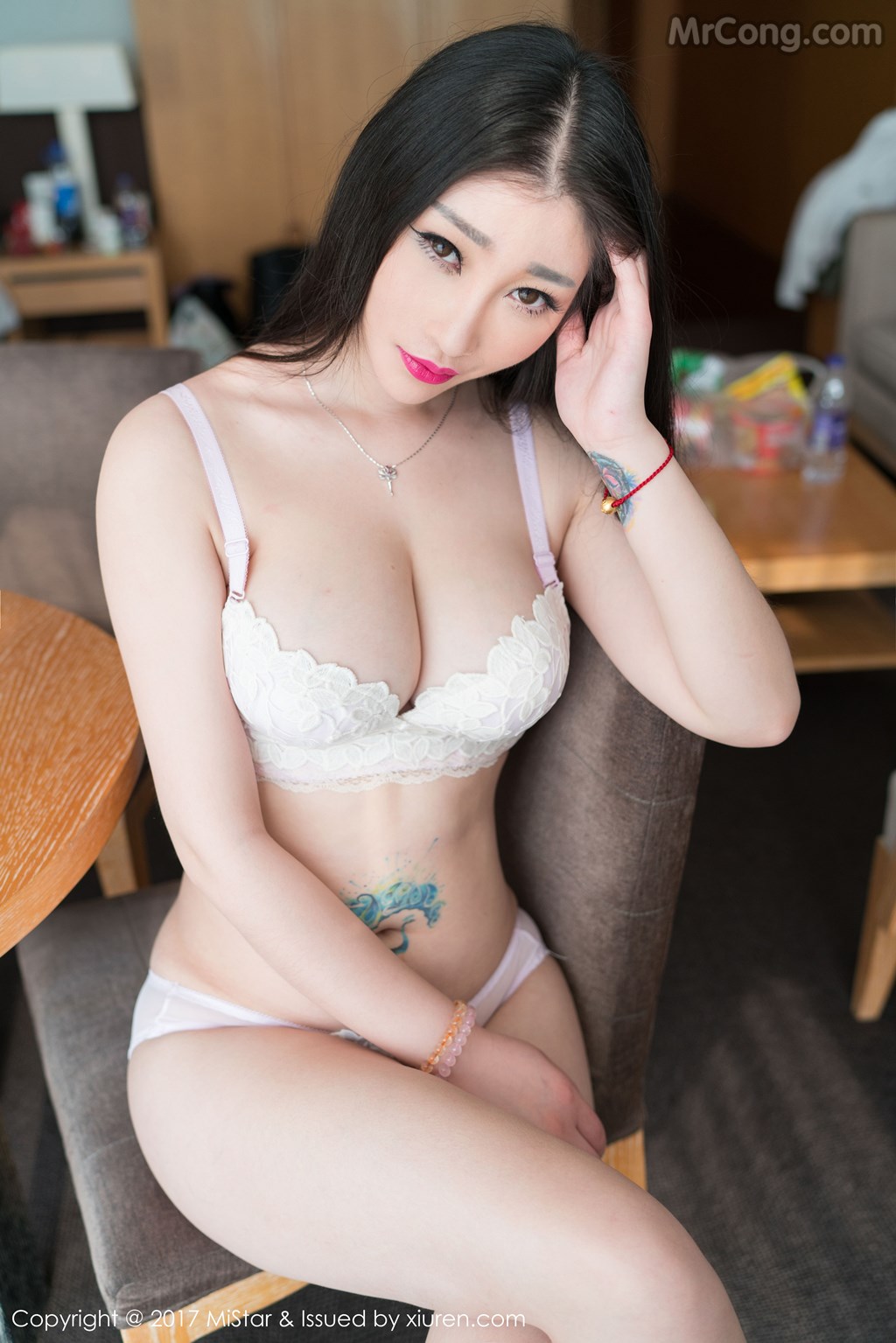Daji toxic has become a phrase that resonates with many, stirring curiosity and intrigue among various online communities. This phenomenon often refers to a complex character in contemporary digital culture, drawing attention from those who explore the boundaries of morality, influence, and personal responsibility. The term "toxic" suggests a negative connotation, hinting at harmful behavior or attitudes that can spread like wildfire, especially in the age of social media. But who is Daji, and why has the term "Daji toxic" gained prominence in discussions surrounding personal and digital interactions?
As we delve deeper into the persona of Daji, we uncover layers of complexity that reveal not just the actions of an individual but also the societal structures that enable such toxicity to thrive. The narrative surrounding Daji serves as a mirror reflecting our own tendencies towards drama, sensationalism, and the sometimes blurred lines of accountability. Are we merely spectators, or do we play a part in this toxic cycle? Understanding Daji's impact may help us navigate our own roles in the digital landscape.
In the following sections, we will explore the biography of Daji, the implications of toxic behaviors, and how such influences shape our perceptions and interactions. By dissecting the nature of Daji toxic, we hope to foster a deeper understanding of the dynamics at play, promoting healthier conversations around accountability and personal growth in a rapidly evolving world.
What is the Biography of Daji?
Daji, a captivating figure in various narratives, has become synonymous with the term "toxic" due to her controversial actions and their ripple effects on her surroundings. To understand the roots of the Daji toxic phenomenon, it is essential to explore her background and the events that have marked her journey.
| Details | Information |
|---|---|
| Name | Daji |
| Age | Approximately 25 years |
| Birthplace | Unknown |
| Occupation | Influencer/Content Creator |
| Notable Actions | Controversial public statements, feuds with other influencers |
How Did Daji Gain Popularity?
Understanding the rise of Daji requires an examination of her approach to content creation and engagement with her audience. Daji's popularity surged primarily through her bold, often divisive opinions on trends and societal issues, which captivated a significant following. Her ability to provoke reactions, combined with a keen sense of timing, has established her as a relevant voice in the digital sphere.
What Are the Traits Associated with Daji Toxic Behavior?
The term "Daji toxic" encapsulates a range of behaviors that can be detrimental not only to her reputation but also to those who engage with her content. Some of the traits associated with this toxicity include:
- Manipulation: Using emotional triggers to gain sympathy or support.
- Drama-Seeking: Creating conflicts for attention.
- Gaslighting: Causing others to question their reality or feelings.
- Disregard for Consequences: Acting impulsively without considering the fallout.
Why is Daji Toxicity a Concern in the Digital Age?
The prevalence of Daji toxic behaviors raises significant concerns about the impact of influencers on their followers. As social media becomes increasingly integrated into daily life, the effects of toxic behavior can extend beyond individual interactions, influencing broader societal norms and values.
Are Influencers Responsible for Their Impact?
This question lies at the heart of the discourse surrounding Daji toxic and similar figures. With the power to shape opinions and behaviors, influencers hold a certain level of responsibility for the messages they convey. However, the line between personal accountability and audience interpretation can often blur, complicating the narrative.
How Can We Combat Toxic Influences Like Daji?
Addressing the issue of toxicity in the digital space involves a multifaceted approach. Here are some strategies to combat negative influences:
- Promote Critical Thinking: Encourage followers to analyze content critically rather than accepting it at face value.
- Support Positive Influencers: Seek out and uplift voices that promote healthy discussions and positive behaviors.
- Establish Boundaries: Recognize when content becomes harmful and take steps to limit exposure.
- Advocate for Accountability: Hold influencers accountable for their actions and the consequences they create.
What Lessons Can We Learn from the Daji Toxic Phenomenon?
The story of Daji toxic serves as a cautionary tale for both influencers and their audiences. While the allure of drama and controversy can be enticing, it is essential to recognize the potential harm that such behavior can inflict. By understanding the dynamics of toxic influence, we can foster a healthier online environment that prioritizes respect, accountability, and personal growth.
Can Daji Evolve Beyond Toxicity?
As the conversation surrounding Daji toxic continues to unfold, one question remains: can Daji evolve beyond the toxicity that has defined her? The potential for transformation exists, but it requires genuine reflection, accountability, and a commitment to positive change. Only time will tell if she can reshape her narrative and move towards a more constructive path.
Conclusion: The Future of Daji Toxic
In conclusion, the exploration of Daji toxic reveals significant insights into the complexities of digital culture and the responsibilities of influencers. As we navigate this landscape, it is crucial to remain vigilant against harmful behaviors while also promoting understanding and growth. By learning from the Daji phenomenon, we can strive for a more respectful and accountable online community.
Pierce Tavern: A Culinary Gem In The Heart Of The City
Unveiling The Life And Career Of Liz Allee
Discovering The Enigma Of Abriebaby: A Journey Into Creativity And Charm


